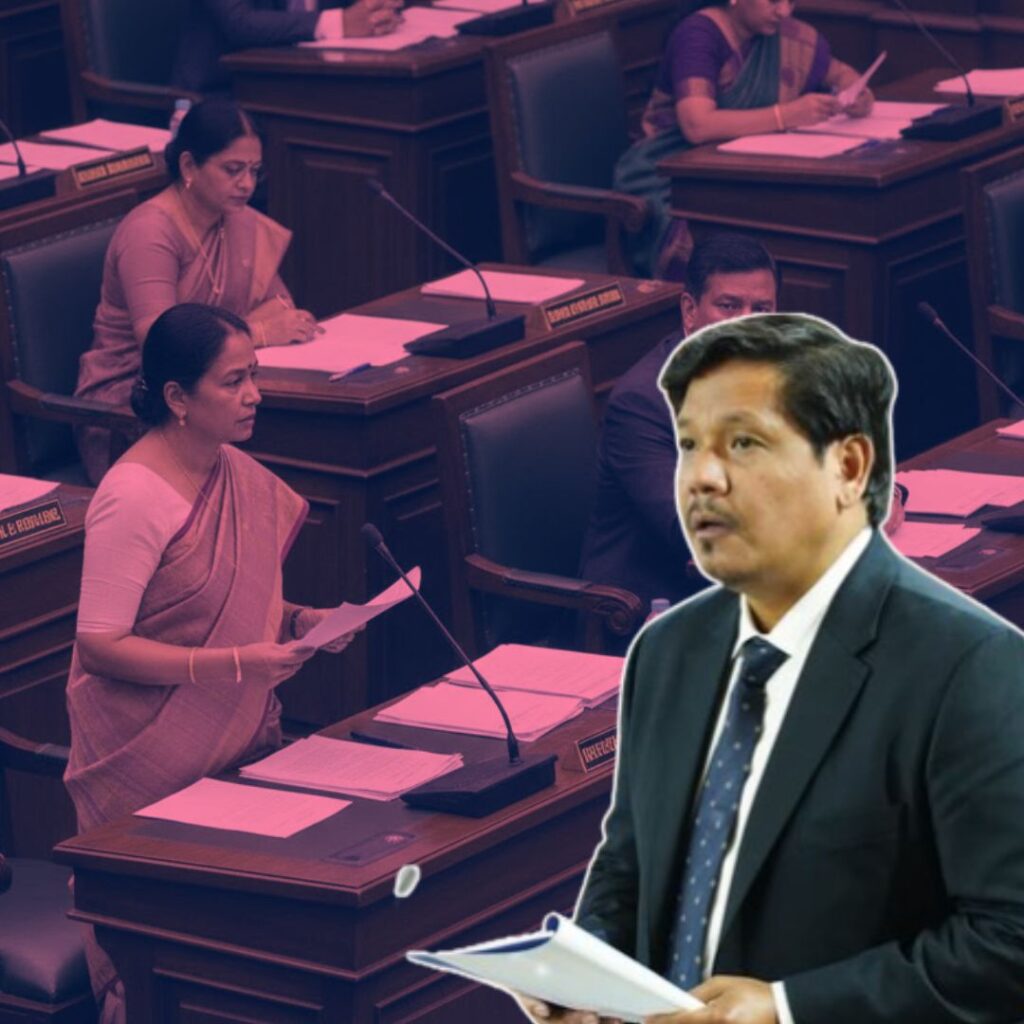A violent altercation erupted on AirAsia X Flight D7326 from Kuala Lumpur to China on July 21, 2025, after a male passenger scolded a group of women for speaking loudly once the cabin lights were dimmed to allow passengers to rest. The man called the women “stupid” and ordered them to “shut up,” which provoked a heated argument that quickly escalated into a physical fight involving five Chinese nationals.
Flight attendants intervened to halt the violence and restore order. Upon landing, three passengers were detained by Sichuan airport police, while two others were fined. AirAsia X affirmed their zero-tolerance policy on disruptive behaviour, highlighted the professionalism of the cabin crew, and confirmed that the incident caused no disruption to flight or airport operations. Authorities have launched an official investigation into the matter.
Mid-Air Confrontation Turns Violent, Prompting Police Intervention
The altercation began shortly after the plane took off from Kuala Lumpur International Airport at 6:11 pm local time. As the flight crew dimmed the lights to facilitate passenger rest on the long-haul journey to Chengdu, a male passenger expressed irritation toward a group of women who continued to talk loudly. Seeking quiet for himself and the rest of the cabin, he politely asked them to lower their voices. However, tensions quickly escalated when the group refused to comply, prompting the man to address them with harsh remarks, describing them as “stupid” and telling them to “shut up.” This verbal provocation sparked anger from the women, and soon a full-scale physical confrontation broke out.
Video footage circulating on social media shows one woman climbing over seats to strike the man repeatedly, with other passengers joining the skirmish before flight attendants rushed to break up the fight. Despite multiple passengers sustaining minor scratches and bruises, none required medical treatment or necessitated an emergency landing. The cabin crew’s prompt and professional response ensured the situation was contained, allowing the flight to proceed without further incident.
Upon arrival at Chengdu Shuangliu International Airport, Sichuan Provincial Public Security Department personnel boarded the aircraft to address the disturbance. Three passengers involved—including the man, identified by the surname Lu, and two of the women—were detained for questioning. Additionally, two other individuals associated with the altercation were fined for their conduct. Authorities confirmed they have initiated a formal investigation to determine if further legal action is warranted.
AirAsia X issued a statement detailing the incident, reiterating its zero-tolerance stance on unruly and disruptive behaviour aboard its flights. The airline commended its cabin crew for effectively managing the conflict and preserving passenger safety, emphasising that the scuffle did not disrupt either the flight schedule or airport operations.
The Broader Context: Passenger Behaviour Challenges in Confined Spaces
This altercation is a stark reminder of the challenges airlines face worldwide in managing passenger conduct aboard flights. Cabin etiquette—such as maintaining quiet when lights are dimmed—is intended to foster an environment conducive to rest and comfort for all. However, individual differences in tolerance, perspective, and cultural norms can spur conflict in the already tense and confined atmosphere of aircraft cabins.
Incidents like this highlight the delicate balance passengers must strike between personal freedom and respectful consideration of others’ needs in public, shared spaces. Disputes over noise disturbances are among the most common triggers for mid-air incidents, reflecting broader societal dynamics wherein crowded and stressful environments exacerbate friction among individuals.
Many airlines, including AirAsia X, enforce strict policies against disruptive behaviour to ensure passenger welfare and safety. These steps often include fines, detainment, or even bans from flying. Globally, aviation authorities have increased vigilance to deter passengers from engaging in conduct that could escalate tensions or compromise safety. The swift actions of crew and airport police in this case exemplify the importance of immediate intervention to prevent relatively minor altercations from spiralling into more serious safety concerns.
Educating passengers about proper behaviour and encouraging awareness of shared responsibilities remain key to preventing similar episodes. Equally, crew training on de-escalation techniques proves vital in maintaining order and protecting passengers’ wellbeing.
The Logical Indian’s Perspective
At The Logical Indian, we uphold the values of empathy, peaceful coexistence, and respectful dialogue—principles essential in navigating interactions within diverse and close-quarter settings such as flights. The incident aboard AirAsia X Flight D7326 serves as a poignant reminder that kindness and patience are crucial tools in averting conflict and fostering social harmony.
While every passenger is entitled to comfort and rest, it is equally important to respond to disagreements calmly and constructively rather than resorting to insults or violence. Such behaviour not only jeopardises the safety and wellbeing of all passengers but also undermines the social trust required for living together peacefully in increasingly interconnected and multicultural communities.
This event invites reflection on how each of us can contribute to a more empathetic culture in our daily lives. Whether aboard a plane, in workplaces, or public spaces, practising respectful communication and patience bridges differences and defuses tensions. It is through such collective commitment to understanding and compassion that we nurture safer, kinder environments.
We encourage our readers to share their perspectives: How can individuals and communities better model empathy and civility, particularly in stressful, confined, or culturally diverse settings? What practical steps can be taken to promote peaceful conflict resolution and mutual respect? Join the conversation and help shape a future prioritising harmony over hostility.
A heated argument between passengers on an AirAsia flight from KL to Chengdu escalated into a mid-air brawl. The fight reportedly broke out after a man confronted a group of women for talking loudly after cabin lights dimmed pic.twitter.com/iWADiiPKHc
— @ (@anthraxxxx) July 23, 2025












